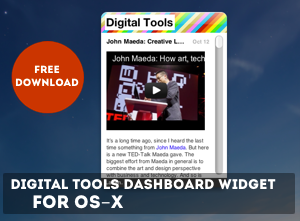
People, who are into game development and iPhone, iPad, iPod Touch could take a look at the Sparrow Framework. It is a lightweight, free and open source framework (BSD licence), that should making games easy, especially for people who worked lots with ActionScript. There are things like sprites and tweens.
“All developers that have come in touch with ActionScript, .Net or Java will get started quickly. Especially Flash/Flex developers will feel at home immediately, since it follows most of the ActionScript dogmas and brings them to pure Objective-C.”
Stepping into this framework should be easy, because the developers tried to keep the amount of classes and code to a bare minimum.






